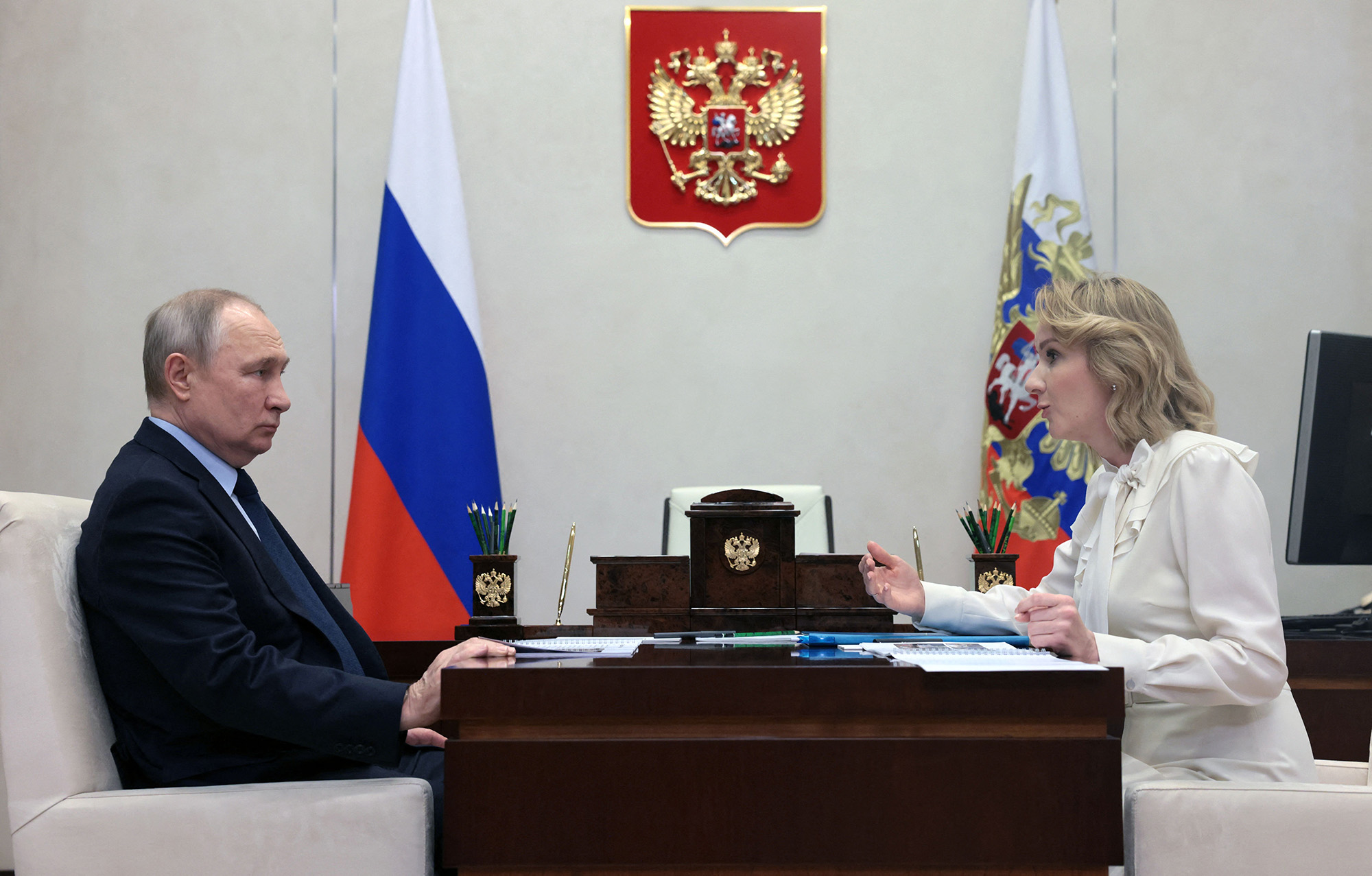Key takeaways:
- The International Criminal Court (ICC) has issued arrest warrants for Russian President Vladimir Putin and Maria Lvova-Belova, a member of Putin’s government.
- The ICC is an independent, permanent court that investigates and prosecutes individuals accused of the most serious international crimes.
- The ICC’s decision to issue arrest warrants for Putin and Lvova-Belova is a significant step in its efforts to hold those responsible for war crimes accountable.
The International Criminal Court (ICC) has issued arrest warrants for Russian President Vladimir Putin and Maria Lvova-Belova, a member of Putin’s government, it announced in a news release Friday. The court said in a statement that Putin “is allegedly responsible for the war crime of unlawful deportation of population (children) and that of unlawful transfer of population (children) from occupied areas of Ukraine to the Russian Federation.”
The ICC also issued a warrant Friday for the arrest of Maria Alekseyevna Lvova-Belova, the Commissioner for Children’s Rights in the Office of the President of the Russian Federation, on similar allegations. The court’s president, Piotr Hofmanski, said in a video statement that while the ICC’s judges have issued the warrants, it will be up to the international community to enforce them.
The warrants are the latest in a series of actions taken by the ICC against Russia in recent years. In 2019, the court issued a warrant for the arrest of former Chechen leader Ramzan Kadyrov for war crimes, including torture and murder. In 2020, the court issued a warrant for the arrest of Russian Prime Minister Dmitry Medvedev for alleged war crimes in Ukraine.
The ICC is an independent, permanent court that investigates and prosecutes individuals accused of the most serious international crimes, including genocide, war crimes, and crimes against humanity. It is the first international court to issue an arrest warrant for a sitting head of state.
The ICC’s decision to issue arrest warrants for Putin and Lvova-Belova is a significant step in its efforts to hold those responsible for war crimes accountable. It remains to be seen how the international community will respond to the warrants and whether they will be enforced.



Be First to Comment